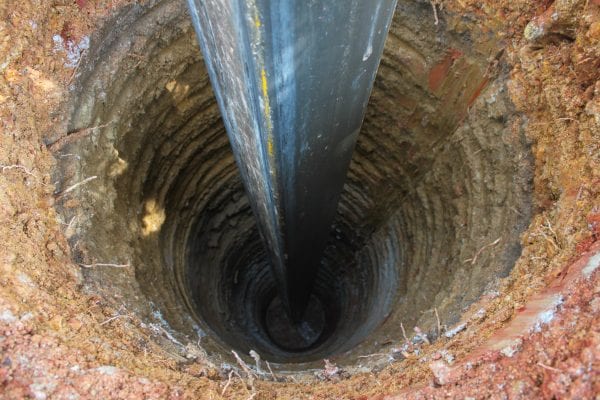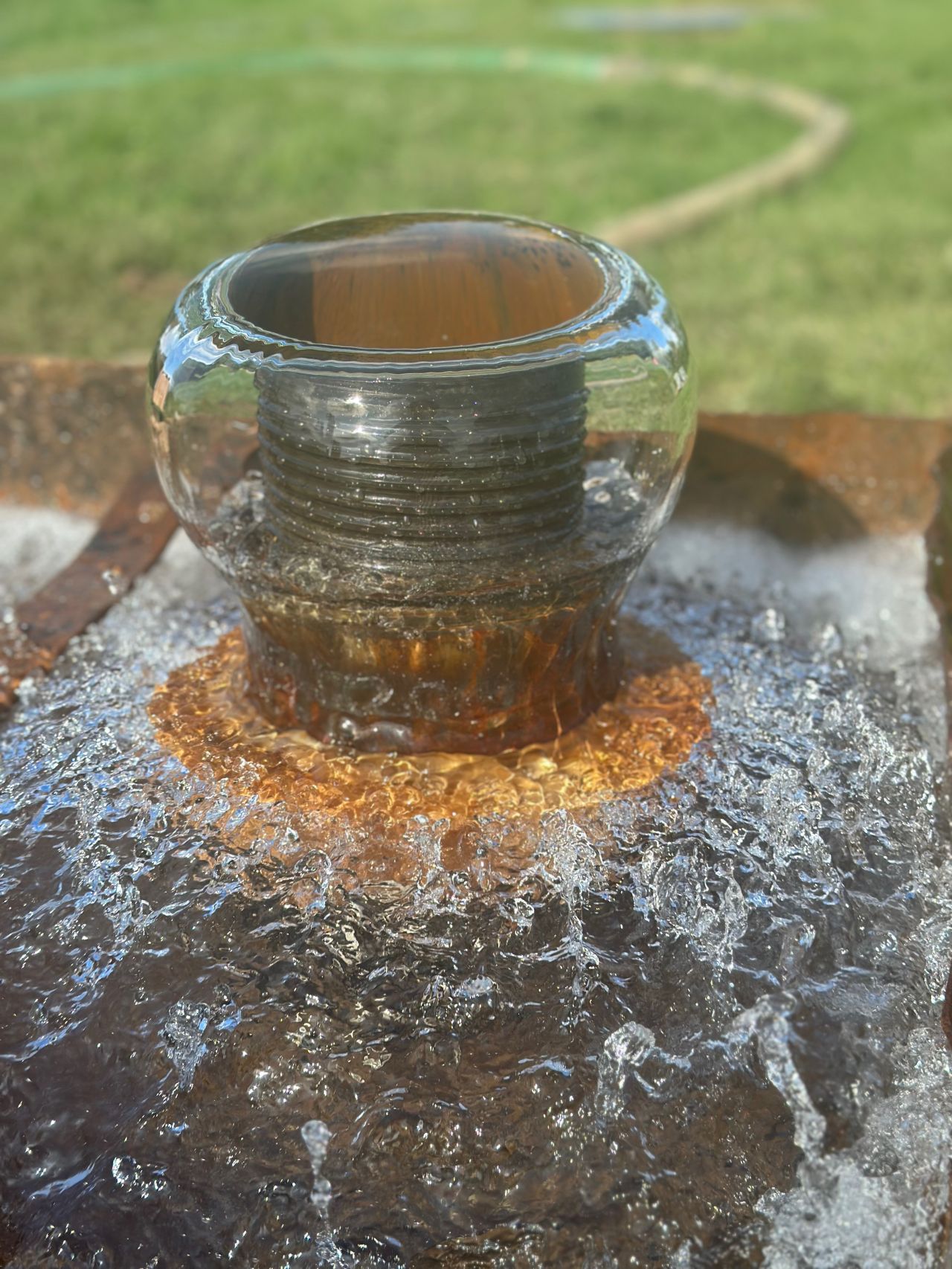Artesian wells are a unique source of water that has been used for centuries. Unlike other wells, water from artesian wells flows to the surface naturally without the need for a pump. This is due to the specific geology of the land in which the well is located. In this blog post, we will explore the unique characteristics of artesian wells and what makes them such an interesting source of water.
.
Here is water makes artesian well unique
- Firstly, it is important to understand how an artesian well works. These wells are formed when water gets trapped in an underground aquifer that is surrounded by layers of impermeable rock or clay. The pressure from the water in the aquifer causes it to rise to the surface through a natural opening or borehole. The pressure is often created by the weight of water in higher elevations, such as on a hillside or mountain.
- One of the unique characteristics of an artesian well is the water’s natural filtration process. The water is filtered through the layers of rock and clay, which removes impurities and minerals, leaving behind clean and fresh-tasting water. This natural filtration process is one of the reasons why artesian wells are often considered a superior source of water compared to other sources.
- Another unique characteristic of artesian wells is their consistent flow. Because the water is under pressure from the surrounding rocks, it will flow consistently, even during times of drought or low rainfall. This makes artesian wells a reliable source of water for communities and farms that rely on consistent access to water.
- Additionally, because the water is already under pressure, there is no need for a pump to extract the water from the well. This means that the energy required to extract water from an artesian well is significantly less than other wells, making them a more environmentally friendly option.
- Artesian wells are also less susceptible to contamination than other wells. The layers of impermeable rock and clay that surround the aquifer act as a natural barrier, preventing contaminants from entering the water source. This is particularly important in areas where there is a risk of contamination from agricultural or industrial activities.
In conclusion, obtaining water from an artesian well is a unique process that offers several benefits over other sources of water. The natural filtration process, consistent flow, and reduced energy requirements make artesian wells a reliable and environmentally friendly option. Additionally, the protection from contamination makes artesian wells a safer option for communities and farms that rely on a clean and consistent water supply.





